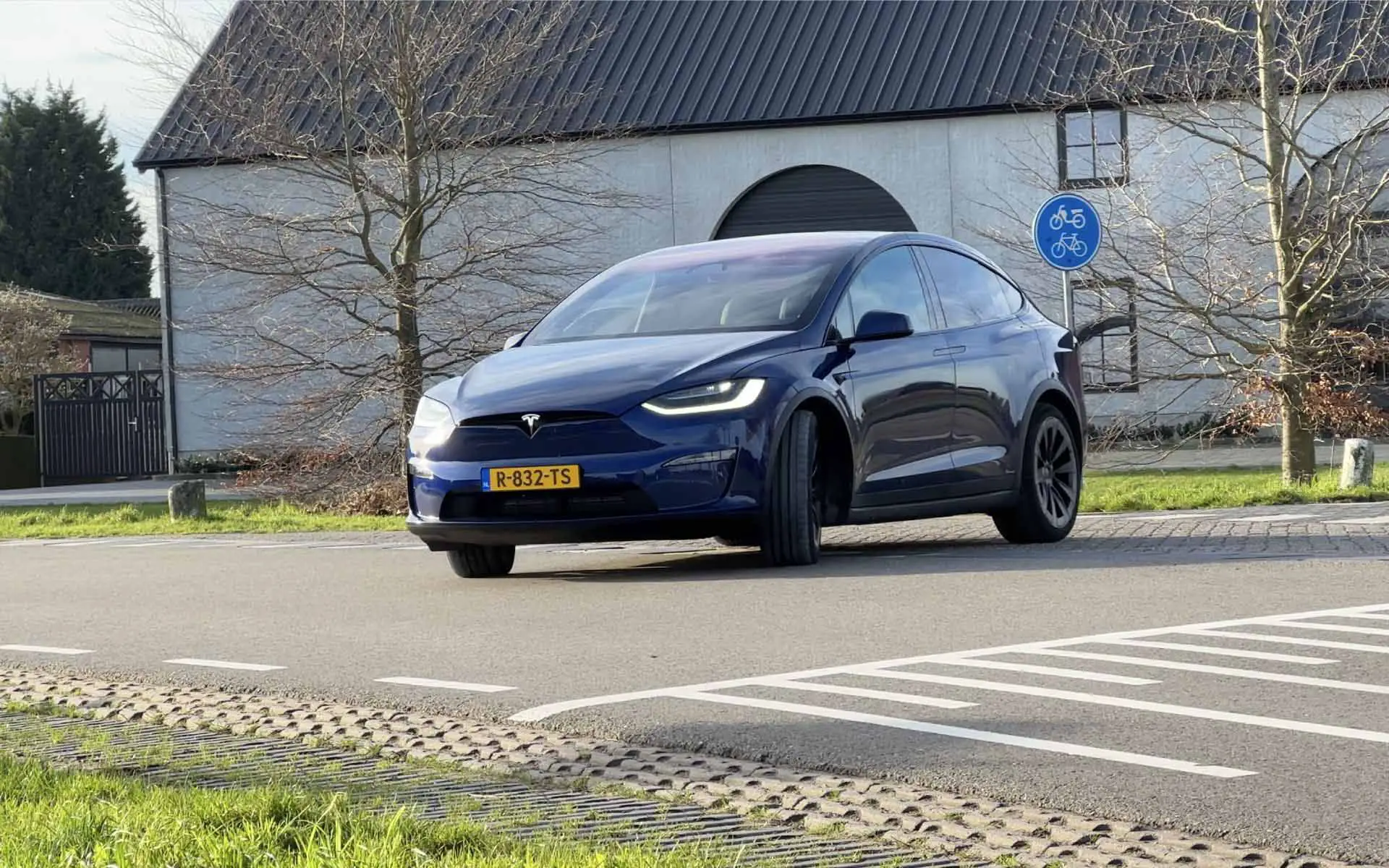What to do as an SME: battery-electric or hydrogen?
Car with conventional internal combustion engine
The conventional fuel-engine car is increasingly fading into the background. The mild-hybrid, hybrid and plug-in hybrid are purely an intermediate solution in the transition to all-electric, whether with battery technology or hydrogen. So reason says you should choose BEV or FCEV. The government is also steering more in that direction. The only question is exactly what to do as an SME.
Fiscal incentives
Tax incentives for PHEVs are increasingly disappearing. You will benefit from a half rate on road tax through 2024. Advantage in terms of additional tax is no longer there. A PHEV also often has a relatively small electric range, which means you have to charge more often. Moreover, PHEVs are not cheap.
Ban on fuel engines
Handy though: a PHEV does allow you to drive in a city center where a ban on fuel engines applies (only applicable to commercial vehicles, starting in 2025). This is then only possible if you still have enough EV driving range. With a PHEV, you have to know what you’re getting into. You should load when you can, not when you have to. A BEV seems to be the best solution in the Netherlands right now, also given the good charging network.
Additional tax and road tax
For the price of a PHEV these days, you can also get a decent BEV with good charging capabilities. Then you also have 16 percent additional tax liability up to a list value of 30,000 euros, above that you count with 22 percent additional tax liability. You also don’t pay road tax for a BEV, but that is about to change. The exact details are not yet entirely clear, but there will be a system of pay by use, presumably around 2030. Who drives, pays. More will become clear about this in the coming years.
In 2023, only certain cars with no CO2 emissions will fall fully into the 16% addition rate. The reduced rate of 16% applies to cars powered by hydrogen and cars powered entirely by integrated solar cells.
BEV or FCEV?
Aren’t you investing in BEV or FCEV? Then you actually miss the boat. But currently we are still in the early stages of the energy transition. Above all, you have to look at your own travel patterns and environment. What best fits your own situation? Big chance that BEV will now emerge as the winner, because easily accessible, lots of supply, home and office charging options and also decent range. But as hydrogen technology continues to advance and more hydrogen refueling sites with affordable hydrogen become available, you’re going to see “refueling convenience” eventually win back souls. Ultimately, people are looking for a solution that best matches what they have been used to for years. What is important then is that it is green hydrogen. But eventually that’s going to get there. We do have a long way to go.
Hydrogen
Hydrogen will be used primarily for transportation purposes, think trucks, ships, buses and agricultural vehicles, for example. Battery-electric seems to be the best solution for most cars. Read more about renewable energy here.

